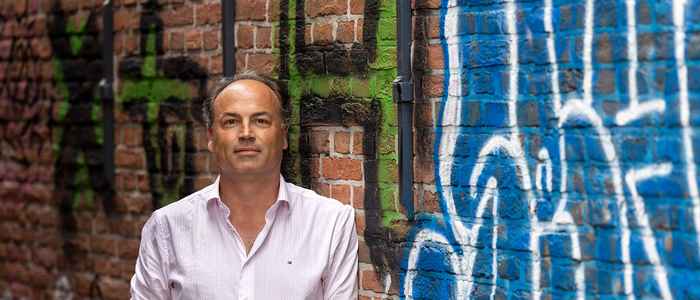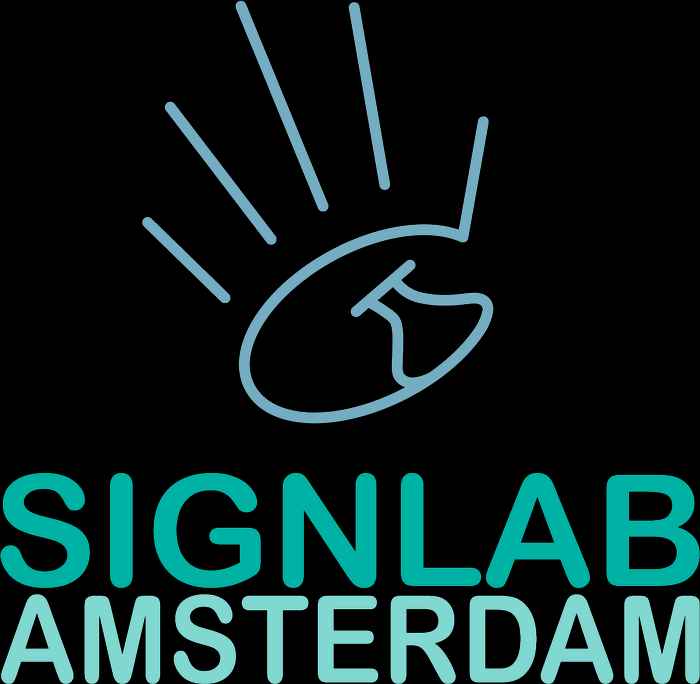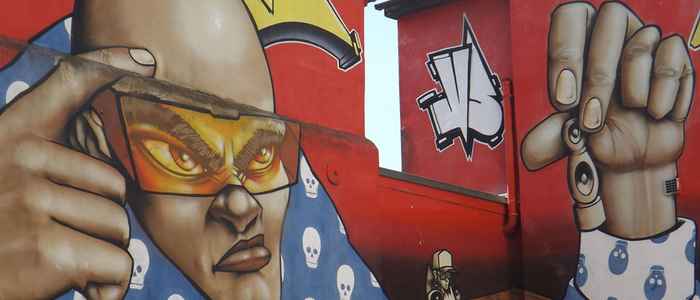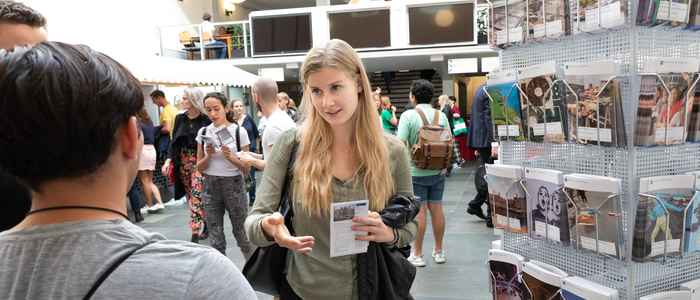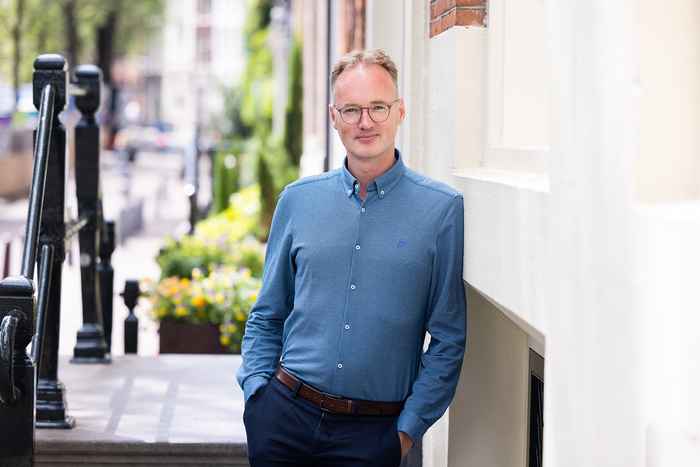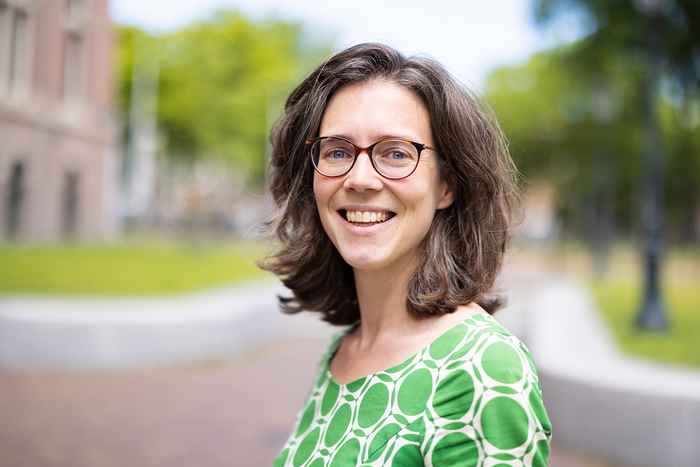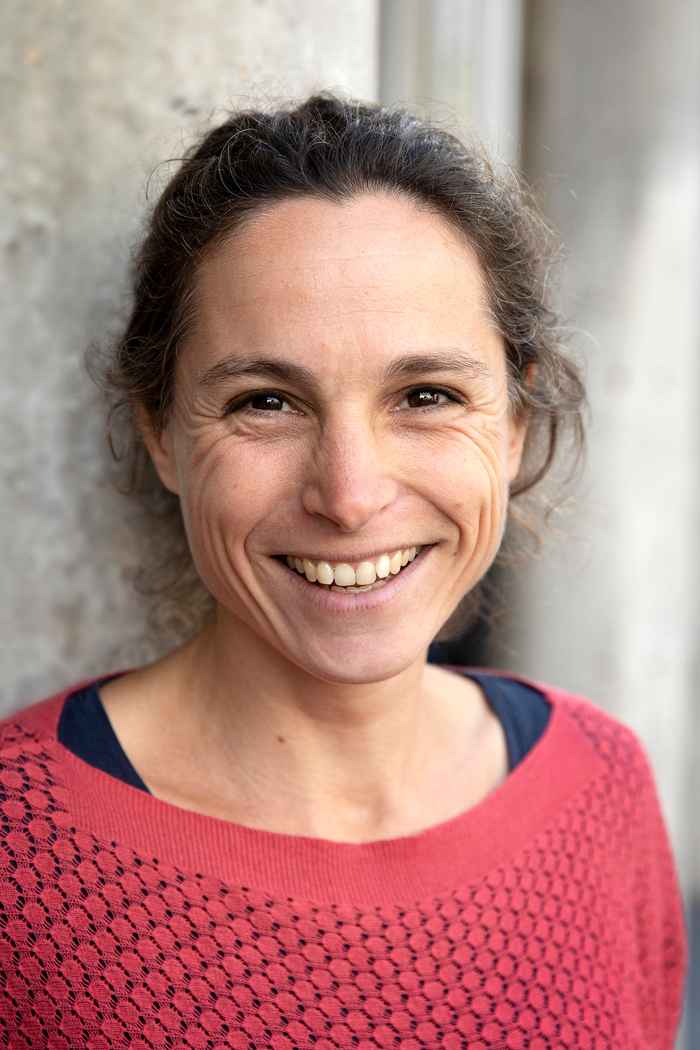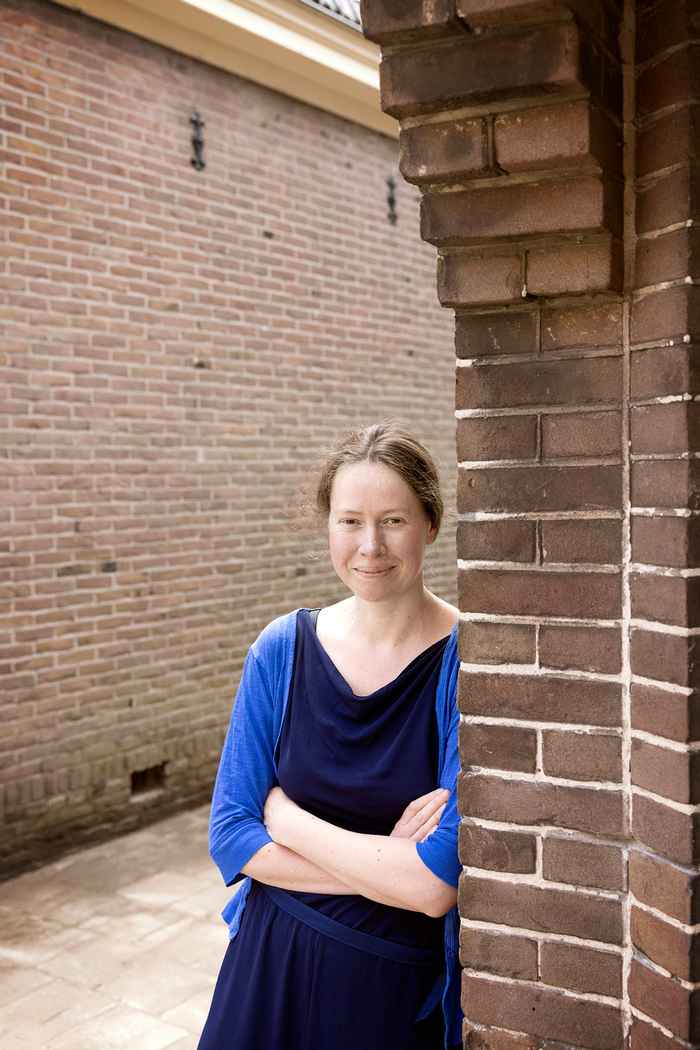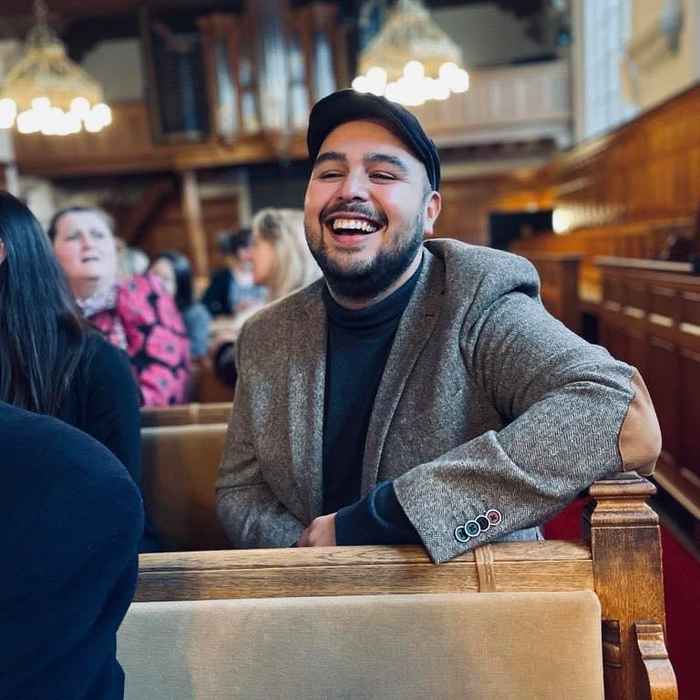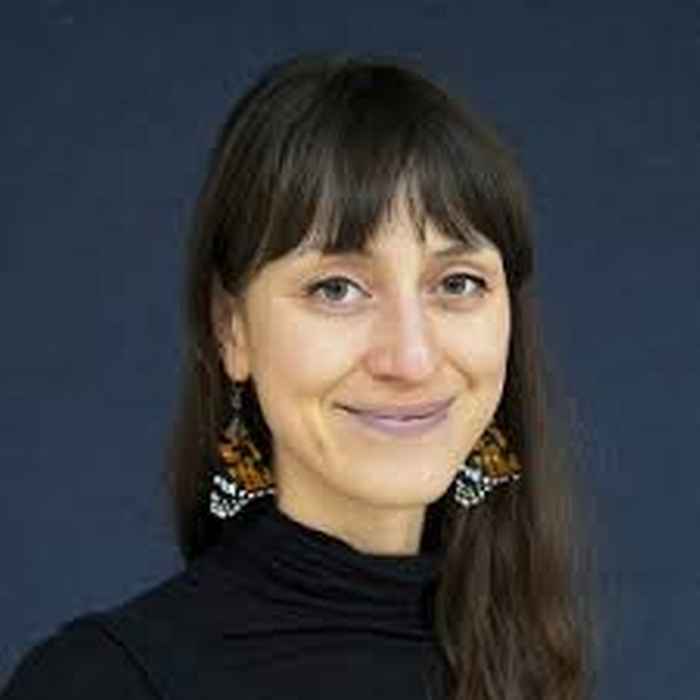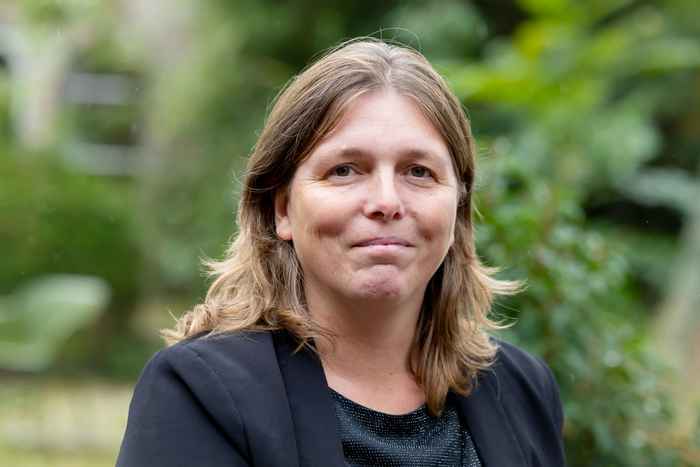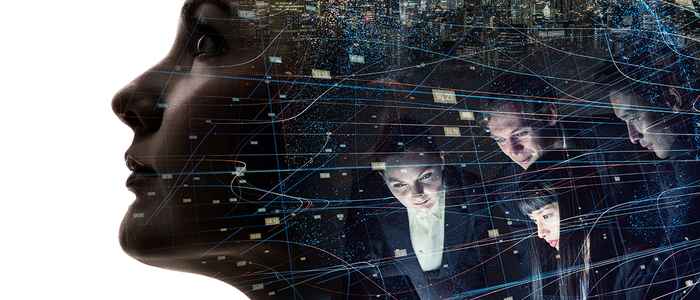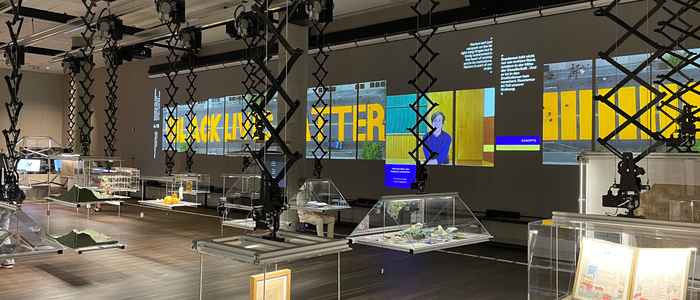During the kickoff of this core research theme of the Faculty of Humanities, we will reflect on the background of this new policy, present examples of successfull research and impact collaborations, and think together about how we want to shape Empowering Language for the future. You are warmly invited to join us!
Languages and literacies are intertwined with power. They shape who is heard, who has access, and who is left behind. They offer people tools to participate in the worlds surrounding them but simultaneously shape the way these worlds can be understood and organised. In our multilingual and information-driven society - marked by the rapid rise of large language models and pressures on literacy, people need skills to analyse, question, and challenge representations and ideas conveyed by a diversity of languages and text types. Addressing these challenges will require interdisciplinary reflection on how languages, literatures, and literacies function, as well as meaningful partnerships between researchers and societal stakeholders. Empowering Language integrates research, education, and society to understand the powerful and empowering functions of languages, literatures, and literacies.






